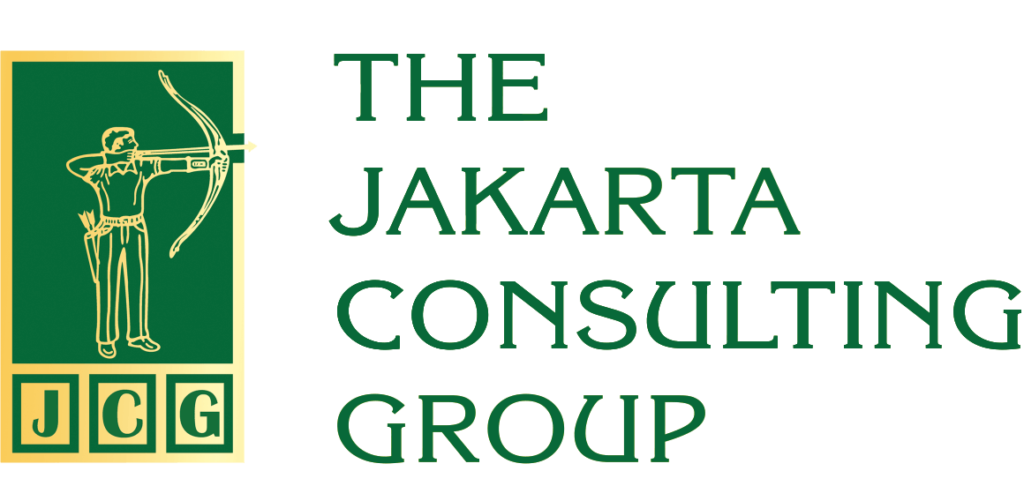In many family businesses, the first generation is often referred to as the “founders”—those who started from scratch, faced challenges without clear guidance, and paved the way for future generations. However, behind their hard work and determination to build success, there is one fundamental question that often arises when the transition phase arrives: what legacy do they really want to leave behind?
Many people think that a family business legacy is only about assets or wealth. In fact, its meaning is much deeper. The first generation wants to pass on not only financially valuable assets, but also the values, identity, and vision that are the soul of the business. Legacy is not just about “what” is left behind, but ‘why’ and “how” that legacy was built.
Building a lasting legacy is a strategic process that requires deep reflection. Some key questions that need to be answered include: What values have I been fighting for all this time? Do the next generation truly understand and appreciate my work? Can this business survive and remain relevant without me?
By reflecting on these things, the first generation can ensure that their legacy is not only wealth, but also lasting meaning and impact.
The Foundations of Legacy Building
There are several key foundations to building a legacy. These foundations are values and work ethic, long-term goals, corporate culture and identity, and sustainability and successor readiness.
Values such as hard work, integrity, and resilience are often at the root of a family business’s history. However, these values are not enough to simply be talked about; they must also be brought to life through internalization within the company’s systems and daily practices.
The Ferrero Group, a well-known Italian confectionery manufacturer, is a good example. The company, famous for its Nutella brand, uses hazelnuts as an alternative to expensive chocolate. Ferrero has always prioritized innovation and close relationships with local communities.
Pietro Ferrero started the business by creating Nutella after World War II. Pietro’s son, Michele Ferrero, continued the business while maintaining the values of humility, continuous innovation, and not going public so that the company remained family-owned and could be run according to its original values.
Many business founders initially start their businesses simply to make ends meet or pursue a hobby. However, as the business grows, simply making ends meet or pursuing a hobby is no longer enough. There must be broader long-term goals that can be understood by future generations. These long-term goals serve as a compass that guides the direction of the business as well as its contribution to society.
Corporate culture is usually formed naturally by the first generation. However, in order to remain relevant, this culture must be consciously disseminated through symbols, inspirational stories, and organizational habits. This culture must be a weapon to achieve competitive advantage.
The process of passing on a family business to the next generation is not simply a handover of leadership, let alone a transfer from parent to child. Business succession must ensure that the next generation is truly ready. This includes mentoring, gradual learning, and providing room for growth.
The Challenges of Passing on a Business to the Next Generation
Creating a business legacy is not easy. Often, there are differences in views, work styles, and even conflicts of values between generations. Some of the common challenges include differences in how decisions are made. The first generation usually relies on instinct and personal experience, while the next generation tends to prioritize data and technology (although the two do not have to be mutually exclusive).
The next challenge relates to the reluctance of the first generation to relinquish control and power. For the founding generation, letting go of control of the business is not a simple matter, especially when the next generation makes decisions that are not in line with their habits.
The next generation often finds it difficult to explain the vision and mission of the business they have established to others (the next generation and employees).
Many first-generation business people are accustomed to working practically, so they find it difficult to clearly formulate business values or objectives. In fact, understanding business objectives is very important so that all activities and resources are directed towards achieving those objectives.
Therefore, it is important for the founding generation to establish open communication—not only discussing business operations, but also the values and vision they want to pass on.
Strategies for Bringing the Legacy to Life
In order for the legacy to not only be remembered but also to continue to live and grow, there are several strategies that can be implemented.
Document the history of the family and the business in detail as learning material for future generations. These stories will help them understand the values and meaning behind the continuity of the family business.
- Provide a special forum for the family to discuss values, identity, and the future vision of the business. This forum is not just a routine meeting, but a strategic space for reflection and long-term planning.
- Involve the next generation in the business decision-making process. Give them the opportunity to learn through direct observation and in-depth discussions with current leaders.
- Create clear family governance rules regarding ownership, roles, and decision-making mechanisms in the business. This will minimize the potential for conflict. One example is Ayala Corporation, a Philippine conglomerate founded by Antonio de Ayala y Roxas. This conglomerate was founded more than 180 years ago. Ayala Corp is managed by the seventh generation of the Ayala family, thanks to a highly structured family governance system. They have a family constitution that governs family values, succession, and long-term vision. The business has grown from property to technology, combining traditional values with modern innovation.
- A deep-rooted legacy should not be interpreted as desperately clinging to the past. The founding generation needs to give the next generation room to be creative and adapt to change, without losing the core values that form the foundation of the business.
#family business #legacy #vision #work ethic #culture #corporate identity #sustainability #Ferrero #challenges of continuing a business legacy #family history #family governance #Ayala Corporation
.









